Alright – so today we’ve got the honor of introducing you to Marie Myung-ok Lee. We think you’ll enjoy our conversation, we’ve shared it below.
Marie Myung-Ok, looking forward to hearing all of your stories today. Have you been able to earn a full-time living from your creative work? If so, can you walk us through your journey and how you made it happen? Was it like that from day one? If not, what were some of the major steps and milestones and do you think you could have sped up the process somehow knowing what you know now?
I decided I would be a novelist when I was nine. But even though I was growing up in rural Minnesota and I would not meet an actual author for many years, I already had a sense that a career in the arts would take major financial planing. Today, when people look at my career–several novels, professor at Columbia, I write for places like the New York Times and also appear on TV–success seems preordained. I often have to remind myself (and you should look back, too) that I am literally living my childhood dream. I just didn’t know exactly what it would look like, and it’s still unfolding.
But even at nine, I knew it was very difficult to get published, and on top of that, to be paid adequately. I strategized that I would live in NYC, because that’s where the publishers and writers were, but I knew it would be expensive, and also, who knows how long it would take for me to start publishing (if at all, but I tried not to think that way).
During my first years in New York, I worked at an investment bank (Goldman Sachs), wrote in the mornings, but also created a side hustle of reading business school application essays. I was so busy and tired at one point I had to be hospitalized.
And becoming published did not happen until I was 28. I had quit my job a year before I was published, but I soon realized that writing alone would not pay the bills, but working at Goldman was so tiring that I had little time to write. I kept up with my second business, freelanced, and that still wasn’t enough.
I did not go into academia, academia found me. I had made a purposeful decision to skip getting my MFA in favor of earning money (opportunity cost, compounded interest) to fund a more sustainable career. When my books started to have some renown, Yale, then Brown asked me to teach. I was astounded that they didnt’ even discern whether I *could* teach, they just hired me.
I had a child with severe special needs and my husband is also a professor. Because one of us has to be available for our son, I took a part time academic position, and that has worked well for us. I teach, freelance, and work on my novels–and I’m even back in New York. When young writers, including those in Columbia’s MFA program, ask me what is my one pieceo f advice, it’s not an artistic suggestion, as an economics major in college, I suggest people take a finance class. Unless you are independently wealthy, having an artistic career, especially now (NYC used to be a lot cheaper, back then!) requires financial stability so the creative self can roam.
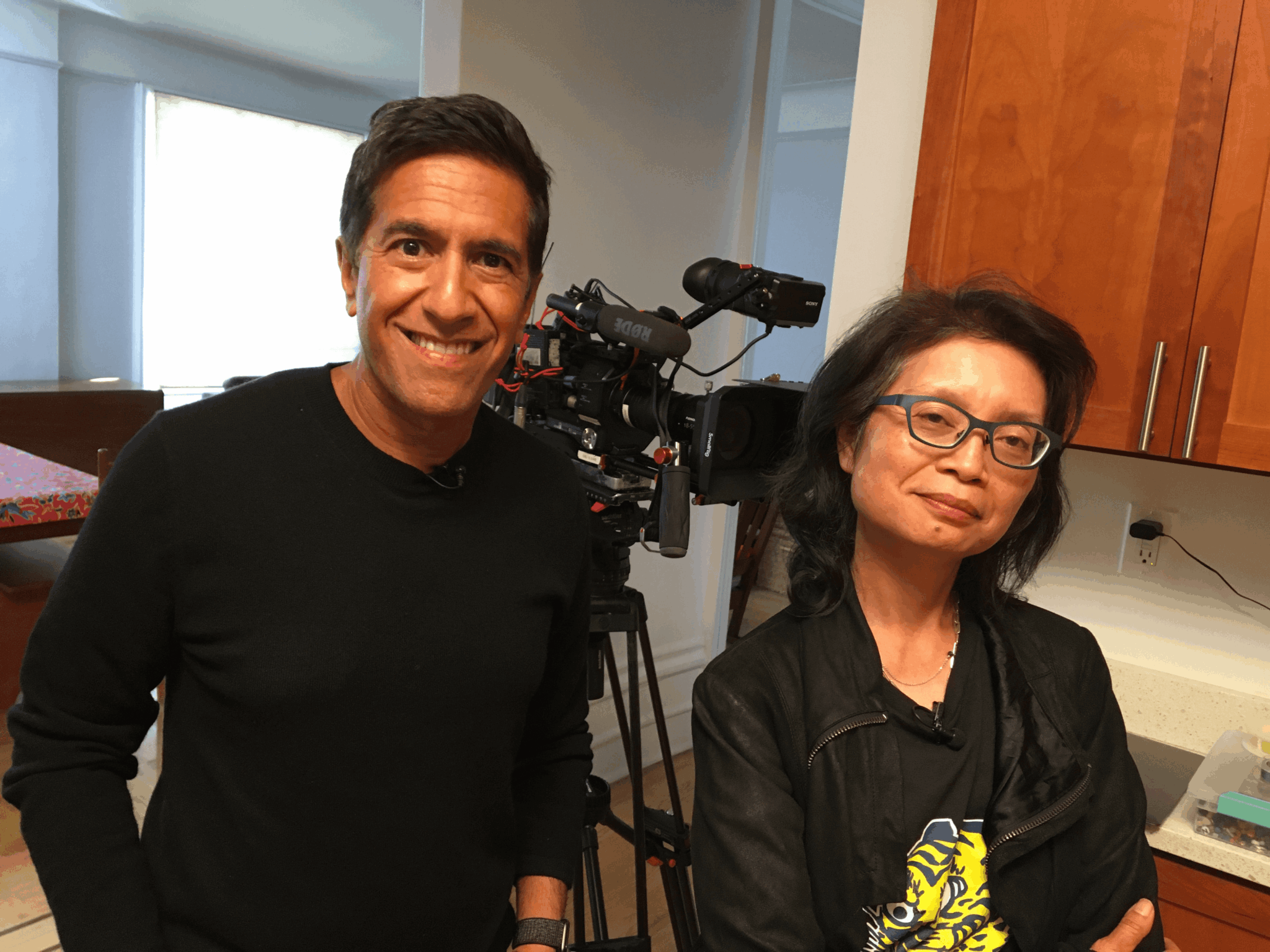
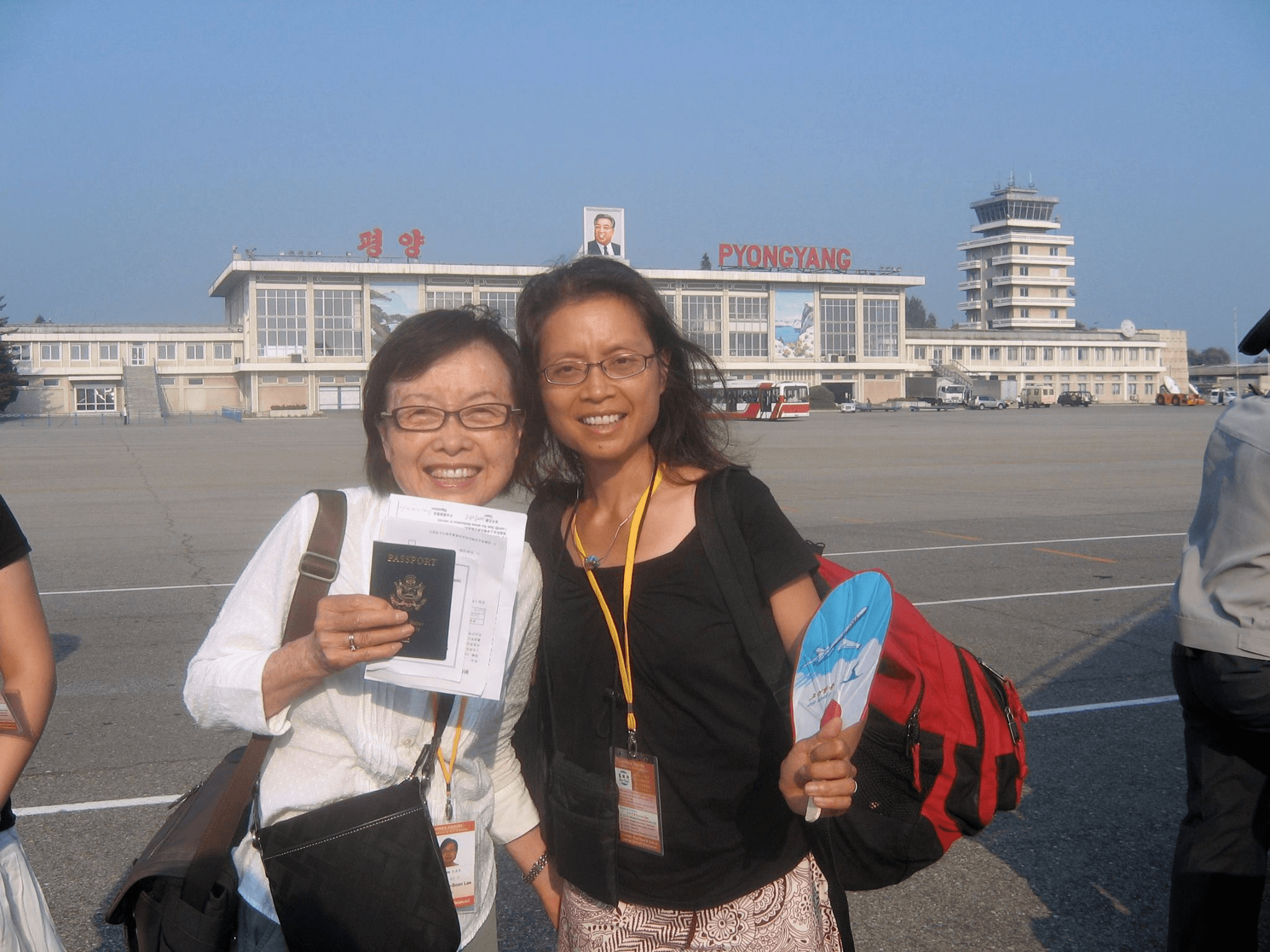
As always, we appreciate you sharing your insights and we’ve got a few more questions for you, but before we get to all of that can you take a minute to introduce yourself and give our readers some of your back background and context?
I spent 20 years writing this novel, including traveling to North Korea as well as going to medical school, and that’s all you need to know about me !
https://abcnews.go.com/GMA/Culture/video/gma-buzz-pick-evening-hero-86871974
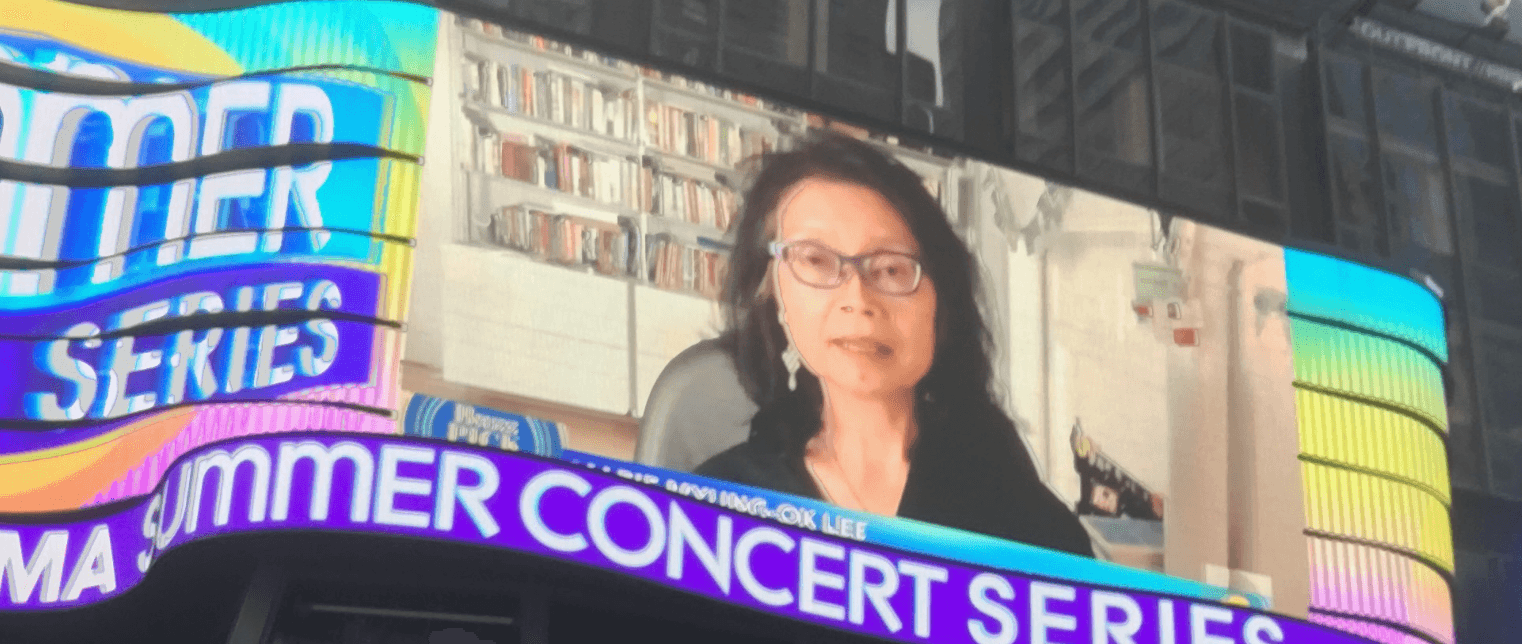
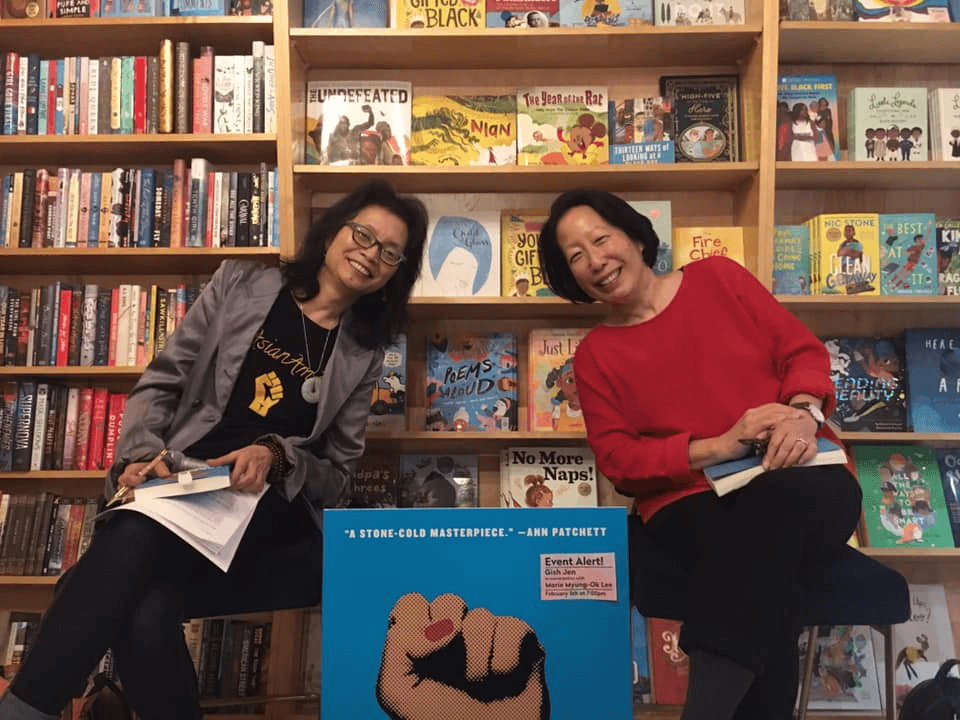
What do you think is the goal or mission that drives your creative journey?
To always nurture my sense of wonder and play.
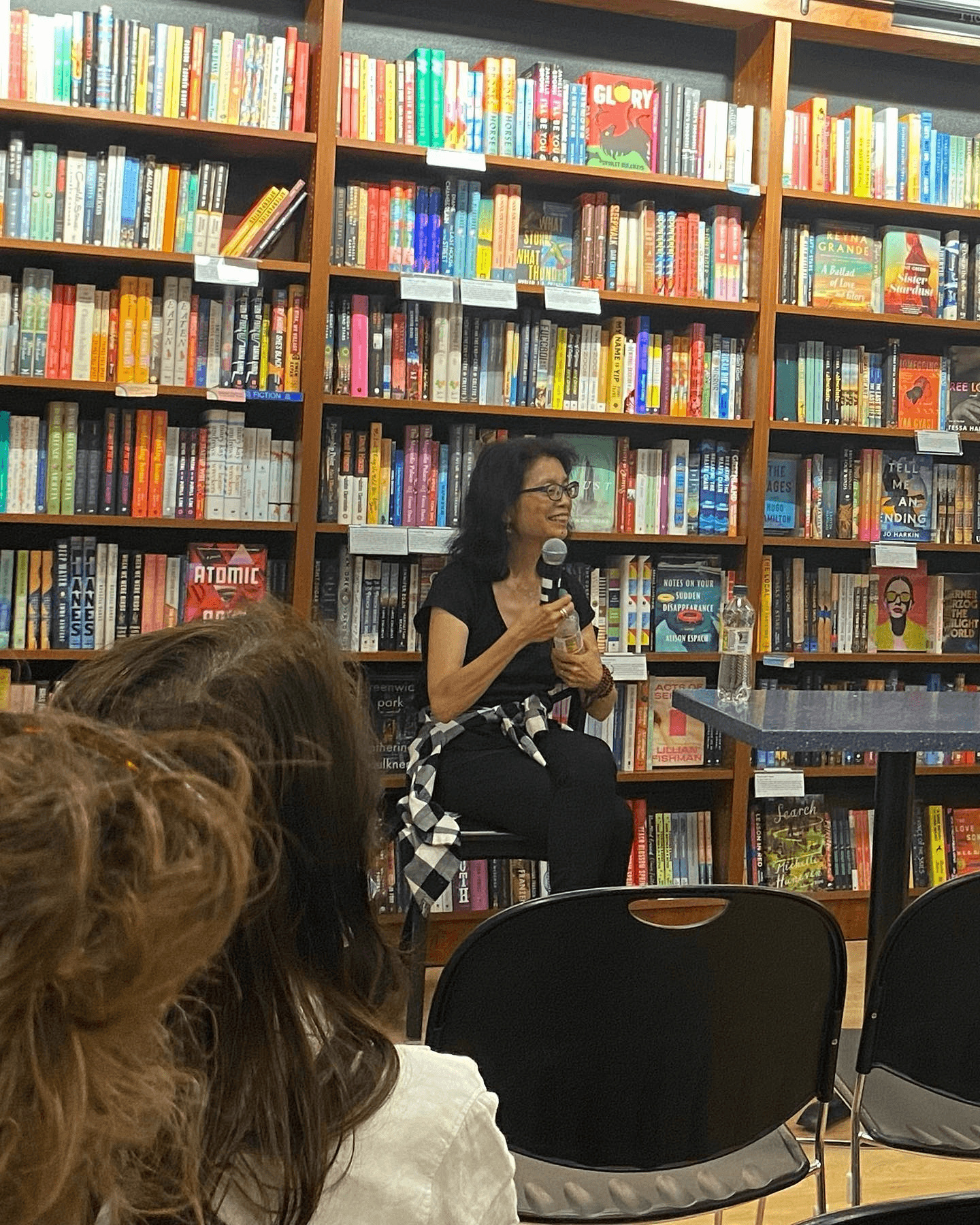
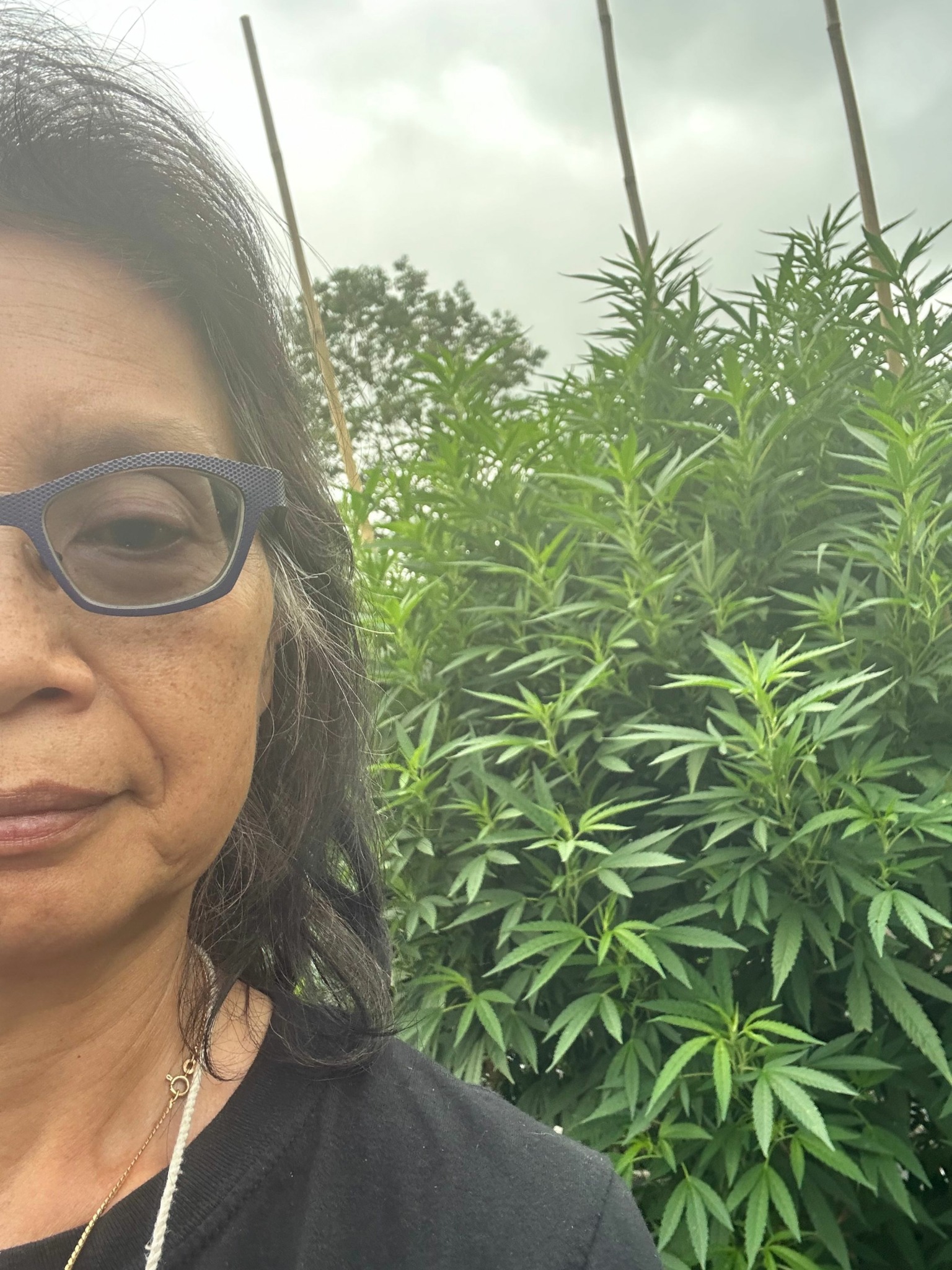
Can you share a story from your journey that illustrates your resilience?
My first novel was rejected by 22 publishers and my agent was ready to dump me, but agreed to wait for the last publisher, who’d had the book so long she was sure it was a rejection. It was published.
My second novel was plagiarized into a memoir, which caused the publisher (a major trade publisher) to cancel my contract because the work was too similar .The author who plagiarized the book was also “cancelled,” but by then it was too late. Years later a different editor called my agent to ask why she never saw my book in the bookstore and the agent told her the story. This editor bought it for a rock-bottom prize–against my agent’s wishes; she thought the advance was too low–but it did get published.
My 20-year book was rejected by 22 publishers. Simon and Schuster made and offer, and we took it. Anthony Bourdain was also interested in acquiring it for his imprint and Harper Collins. If I had gone with him, the book would have been lost because the publisher was shuttered when he died.
Basically, since I was nine,e very time I start a project, I have no idea if it will get published or not. I have 2 WHOLE novels that were never published. But tha’ts not why people become artists, they just have to do it. But also find a way to support themselves.
Contact Info:
- Website: https://marielee.net
- Instagram: @MarieMyungOkLee
- Facebook: https://www.facebook.com/MarieLeeWriter
- Linkedin: https://www.linkedin.com/in/marie-myung-ok-lee-48a4297/
- Twitter: @MarieMyungOkLee
- Other: tiktok https://www.tiktok.com/@daily_writing_makes_book?lang=en
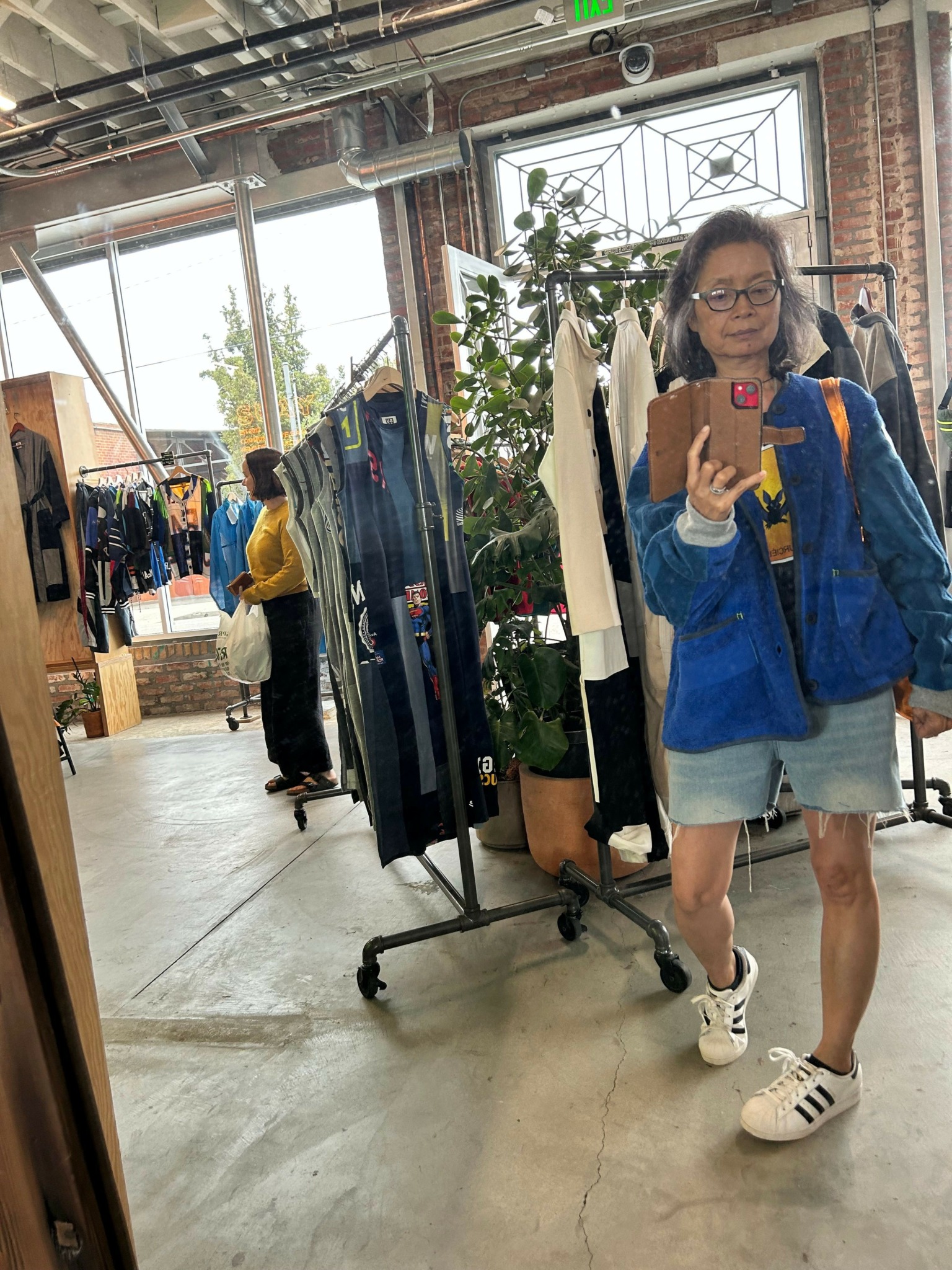
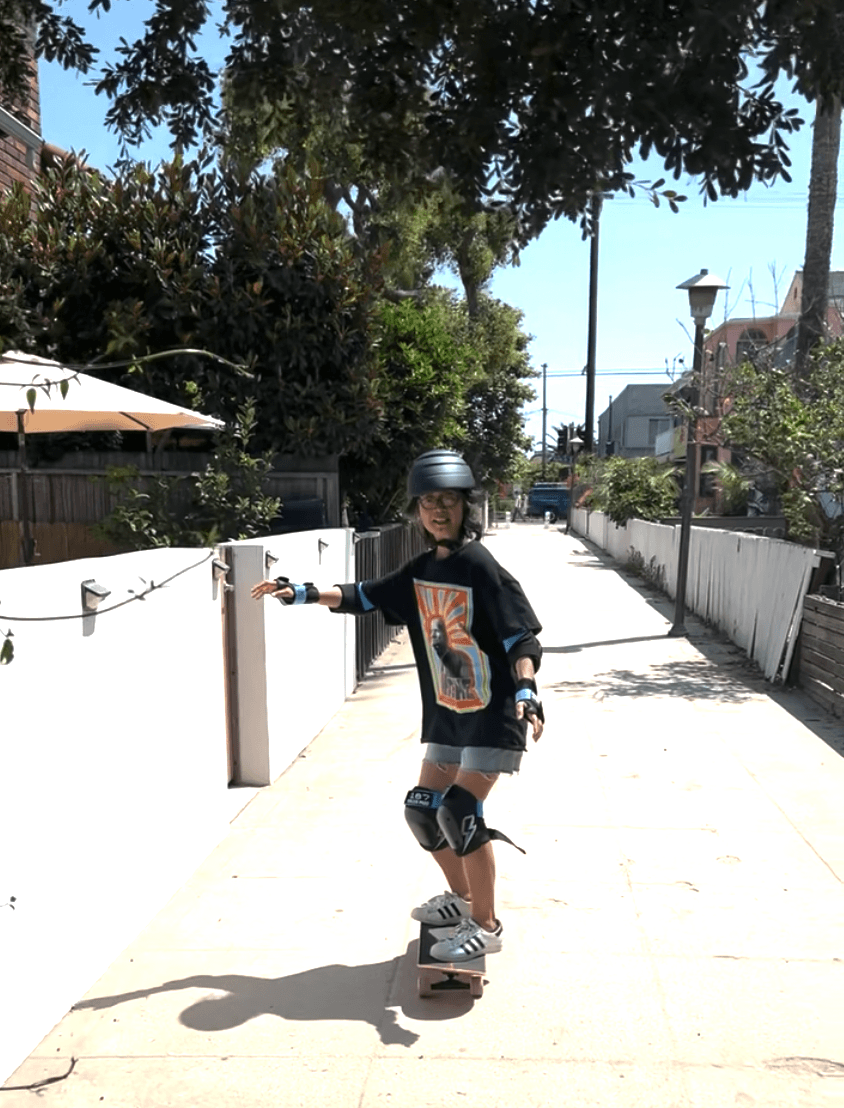
Image Credits
courtesy of the author


